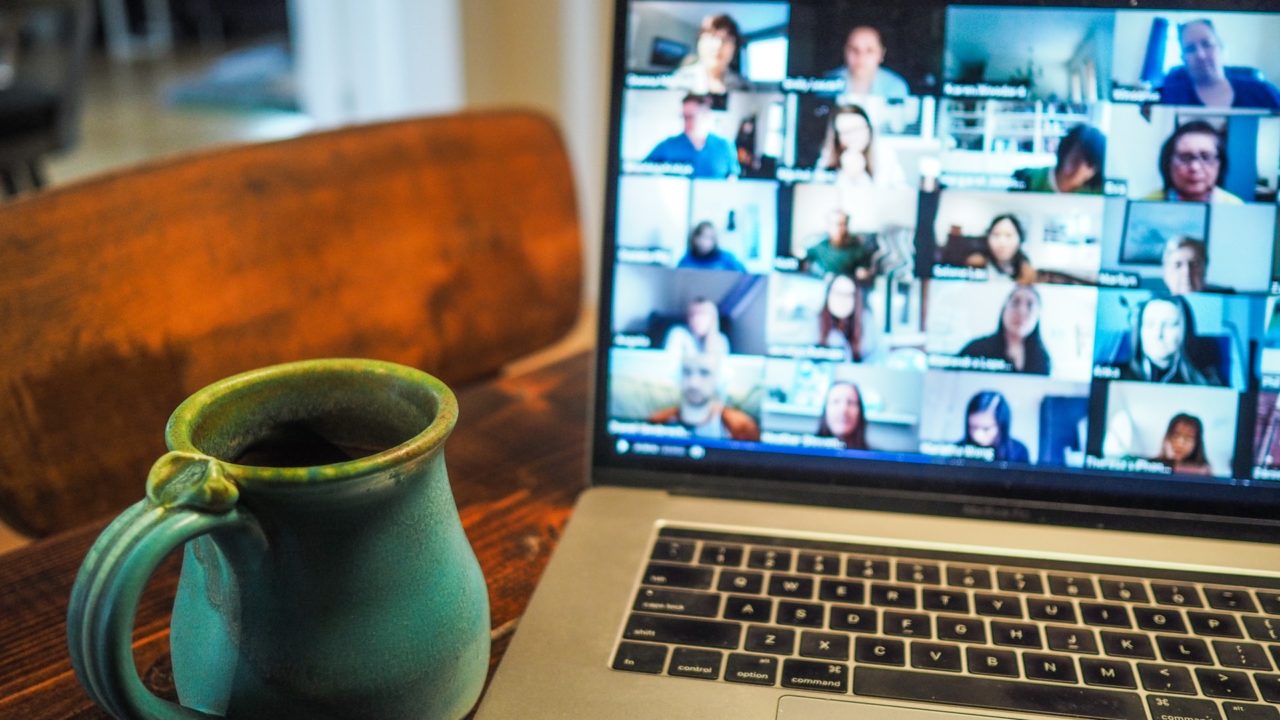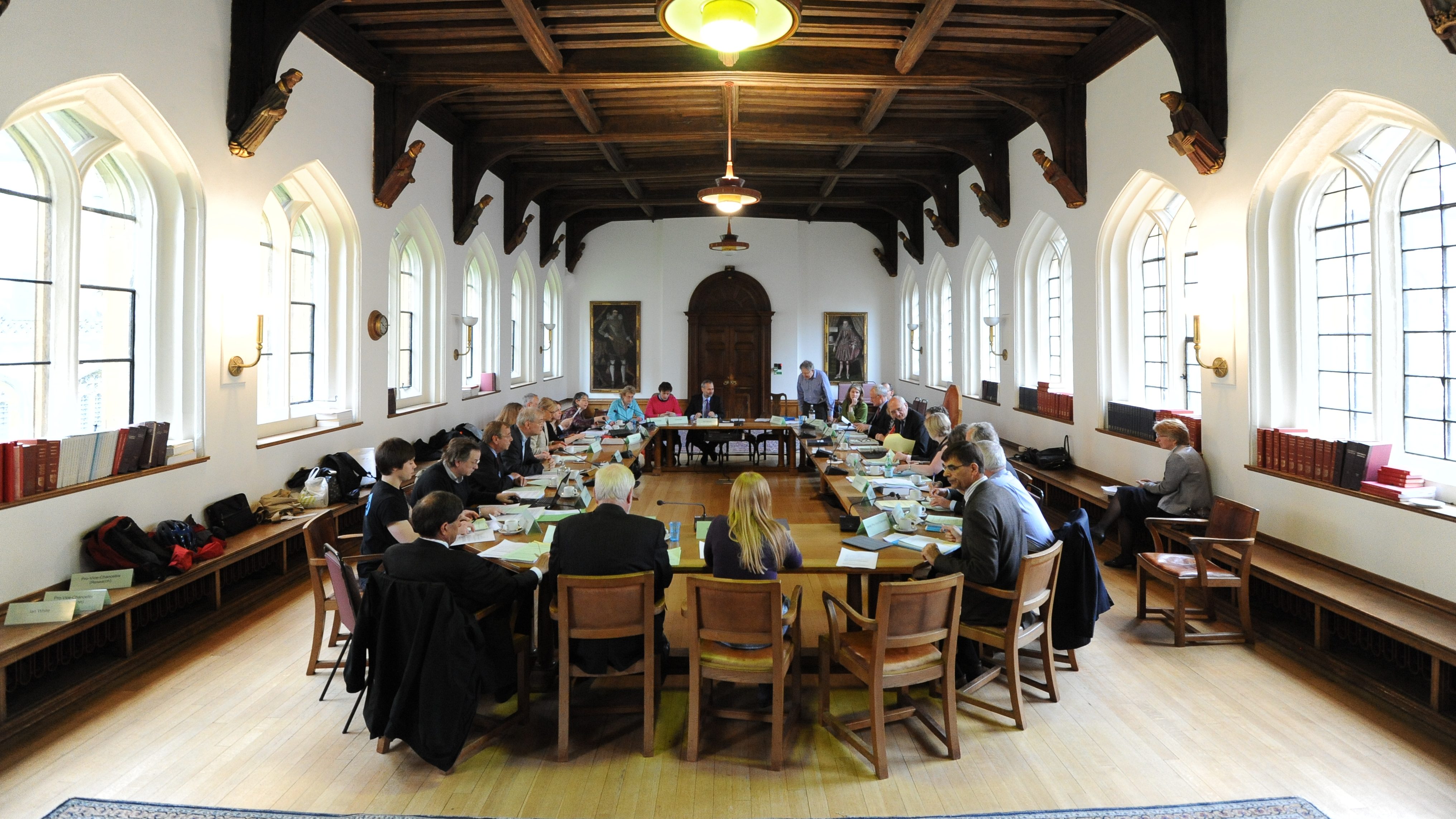What Does ‘Good’ Remote Governance Look Like?
Rachel Killian, Senior Consultant for Halpin, suggests three elements to consider when reflecting on the effectiveness of our move into remote governance.

At the end of March, every university moved to managing its governance practices remotely, at speed, and with very little advance notice.
Now, the need for the governing body to discharge its responsibilities hasn’t changed, but the working practices that usually enable that to happen aren’t available.
There are two significant benefits of virtual governance:
- Firstly, there’s no commuting for members, so their time is better spent on more valuable matters.
- Secondly, it can improve the diversity of boards, by being more inclusive to those with other commitments.
Nevertheless, working this way is new to most governing bodies. It is worth spending some time to reflect on its effectiveness. To help do this, below are three elements to consider…
1. Has anything broken in the changeover?
There’s a wide range of factors that contribute to good governance. These include behaviour and culture alongside regulatory compliance. A move to remote working can endanger some of these, so it’s worth checking that they are still in place and working effectively.
For example:
- How can you make sure you hear the views of your staff and students if you are working remotely?
- How are the relationships between members and the Executive being nurtured?
- Does a video conference call allow sufficient exploration of the many risks that are being managed?
At the same time, any crisis will shine a very bright light on something already in need of repair. If the building blocks of good governance weren’t in place before the crisis, you’ll find they are now under even more strain.
2. What are the new things we need to think about?
Working remotely can be hard.
It takes more mental energy to stay connected, work collaboratively, and to build relationships.
COVID-19 lockdown has piled on even more pressure. We now have the joys of juggling childcare, needy dogs and cats, and doorbells that always ring during a video conference.
The unique features of governance also brings extra challenges. Members are working with others they meet infrequently, so relationships may be tentative. And they have to hold others to account over a wide spectrum of issues, from financial sustainability to academic quality.
This means there is little point in trying to manage a video conference as if everyone was in the same room. Instead, more work is likely to take place outside of the formal discussion.
Members need to share their views, but this can happen by submitting questions in advance, or using the chat function during meetings. A video conference is a great equaliser – it’s almost impossible to interrupt if you agree rules about the mute button! – so it can allow us to hear from voices that are usually a little quieter in meetings.
Some practical steps will also help improve efficiency:
- Revisit agendas.
- Focus on core financial and quality concerns.
- Delegate other items to sub-groups.
- Modify terms of delegation to allow this to happen.
3. Can we evidence what we’ve done?
The need to document our work has intensified.
Governing bodies are making judgements now that will affect the future of the organisation for many years to come. Evidence of our decision-making is vital.
This includes the area of academic quality.
Universities have brought in alternative ways of teaching and assessment at incredible speed. Governing bodies are not equipped to make detailed plans in this area, but they still have responsibility for providing assurance over academic quality.
At some point, the regulator is likely to ask about actions taken to maintain academic standards. Governing bodies need assurance that the Executive has appropriate structures and mechanisms in place. Keeping detailed records of these discussions, and the evidence taken into account, is essential.
Seismic shift
Even as lockdown eases slightly, it’s clear there has been a seismic shift in how we live and work together. It’s hard to imagine that we will fully return to our previous work practices in the foreseeable future.
This means that remote governance isn’t a substitute for the ‘real thing’. It is here to stay. We need to adapt accordingly.
For that reason, pausing the usual governance activities – recruitment, reviews, training and development – isn’t a sustainable option. They need to continue as usual.
But not just continue: the forced move to remote governance is an opportunity to improve what we have now, and to reimagine how it might be even better in the future.
Halpin have released a report on this topic, ‘Sector Report: Governance – The Impact of COVID-19 on HE Govermance‘.
Related Blogs



